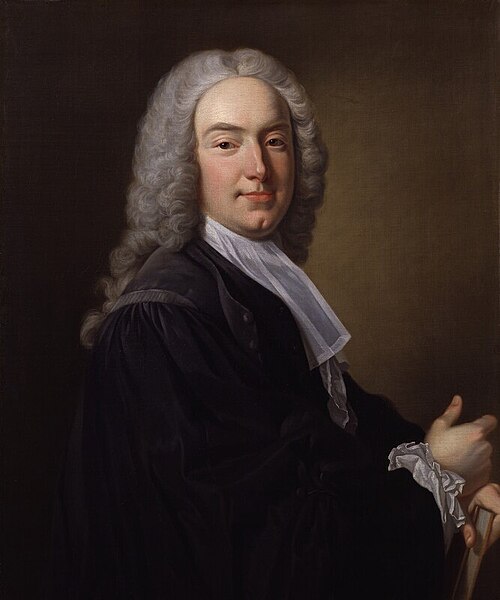Somerset v Stewart (1772) 98 ER 499 is a judgment of the English Court of King's Bench in 1772, relating to the right of an enslaved person on English soil not to be forcibly removed from the country and sent to Jamaica for sale. According to one reported version of the case, Lord Mansfield decided that:The state of slavery is of such a nature that it is incapable of being introduced on any reasons, moral or political, but only by positive law, which preserves its force long after the reasons, occasions, and time itself from whence it was created, is erased from memory. It is so odious, that nothing can be suffered to support it, but positive law. Whatever inconveniences, therefore, may follow from the decision, I cannot say this case is allowed or approved by the law of England; and therefore the black must be discharged.
Lord Mansfield
Dido Elizabeth Belle with her cousin Elizabeth Murray, the great-nieces of Lord Mansfield, both were brought up in Kenwood House.
William Murray, 1st Earl of Mansfield
William Murray, 1st Earl of Mansfield,, was a British barrister, politician and judge noted for his reform of English law. Born to Scottish nobility, he was a member of the Scottish Clan Murray and was educated in Perth, Scotland before moving to London at the age of 13 to take up a place at Westminster School. He was accepted into Christ Church, Oxford, in May 1723, and graduated four years later. Returning to London from Oxford, he was called to the Bar by Lincoln's Inn on 23 November 1730, and quickly gained a reputation as an excellent barrister.
Portrait of Mansfield by Jean-Baptiste van Loo
Dido Belle (left) and Lady Elizabeth Murray (right)
Lady Elizabeth Finch (Later Countess of Mansfield) (left) and her sister Lady Henrietta, Duchess of Cleveland (right).
Murray circa 1737; portrait by Jean-Baptiste van Loo





